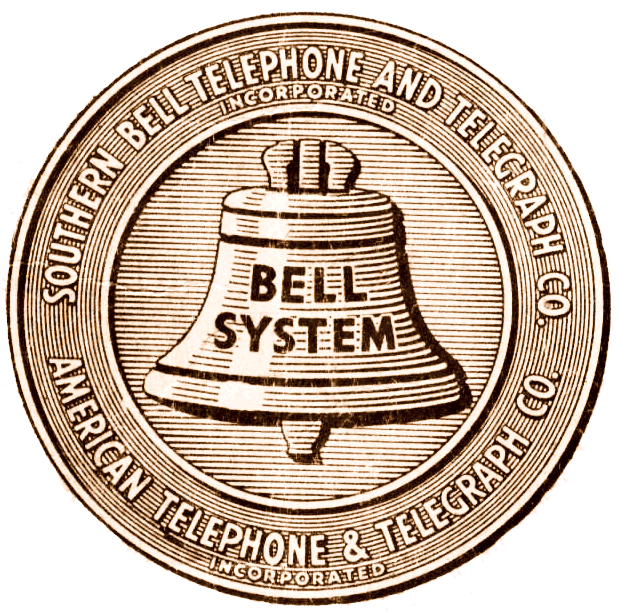I want to transfer 80 TB of data to another locatio . I already have the drives for it. The idea is to copy everything to it, fly it to the target and use or copy the data on/to the server.
What filesystem would you use and would you use a raid configuration? Currently I lean towards 8 single disk filesystems on the 10 TB drives with ext4, because it is simple. I considered ZFS because of the possiblity to scrub at the target destination and/or pool all drives. But ZFS may not be available at the target.
There is btrfs which should be available everywhere because it is in mainline linux and ZFS is not. But from my knowledge btrfs would require lvm to pool disks together like zfs can do natively.
Pooling the drives would also be a problem if one disk gets lost during transit. If I have everything on 8 single disks at least the remaining data can be used at the target and they only have to wait for the missing data.
I like to read about your opinions or practical experience with similar challanges.
If you’re flying with drives full of data, better encrypt the data first. I’d just use the drives as a backup target for borg backup. Then at the other end, restore everything. You might need a spare, empty drive to get that process going. Alternatively, use your favorite encrypted file system if you want to keep the data encrypted after arrival, maybe a good idea too.
Better plan some logistics for one or more drives failing during this process too. I assume you have an intact copy of the data at home. So you can get a new drive written and shipped to you if something goes wrong.
Why do you have to do all this in person anyway though? Can’t you ship drives and have someone at the other end install them in a box for you? For that matter, is 80TB really too much data to transfer by network? With a mere 1 gbit connection it’s about a week of transfer.
Will the disks be permanently in-place there or are they just a means of transport? Either way, traveling with that much spinning rust there is always a good chance for bit-flips or damage.
ZFS is up to the task if you can connect all the disks at the same time at the target location. You don’t really have to keep track of the order of the disks - ZFS will figure it out when mounting the pool. The act of copying the data from the disks will effectively perform a scrub at the same time.
If you will only attach one disk at a time, it is a bit more of a coin toss. Although - ZFS single disk volumes do support scrubbing as well.
Thinking about disk corruption in transit would be one of my worries - X-ray scans, vibration and just handling can do stuff with the bits. Tgz, zip or rar files with low or no compression can provide error detection, although low recovery. Checksum files can also help with detection. Any failed files can perhaps be transferred over the network for recovery.
Either way, traveling with that much spinning rust there is always a good chance for bit-flips or damage.
What? Lol no. They’ll travel fine.
Multiple disks with many moving parts, containing 80TB of data on magnetic platters flying at high altitude where they’ll be subjected to far more physical impacts, radiation, and cosmic rays than at sea level.
Yeah, it’s a risk.
You kids think HDDs just failed daily or something. I flew all over the place with a laptop with an HDD for years, as did many others. It’ll be fine. Especially since it’s unlikely they would be using the drives while traveling.
I dont have the knowledge to help you. But I know enough to be intrigued by your usecase. Can you share what you are trying to do? Is it a corporate job? Or a personal collection or sth?
Lvm isn’t hard to use and works well. Any reason to not use it other than it’s not the new hotness?
7 hard drives at 12TB each in your luggage?
I’d use XFS as it’s excellent at copying big files of data (7z. img/iso/qcow2, 4K Videos).
For large amounts of smaller files (Like photos, odt, and PDFs), I’d use Ext4.
Not quite clear there…
You’re copying data from the source, to harddrives… and then to a server with different drives?
Assuming it’s just lots of smallish data files / media and not OS files (ie don’t need symlinks, attributes, ownership, etc) then any backup software which generates hashes to be able to repair the archive during a restore would do.
Btrfs doesn’t need LVM, but I wouldn’t use that on mobile drives.
Or… is this one huge 80TB file?
btrfscan pool disks just fine. Create a RAID nice and quick.There’s also
btrfs sendandreceive. Which may be what you need for shipping the data? You can use SSH for a secure write…If this is a one-time copy, I’d strongly consider just syncing the data vs. shipping drives (which, as people have pointed out, may have serious reliabilty concerns).
Otherwise, if you must ship, I’d say the best move is two copies of each piece of data, so any single drive failing in shipping isn’t a big deal. But not a RAID. Just two literal copies on two separate drives. Simplest way to ensure some redundancy.





